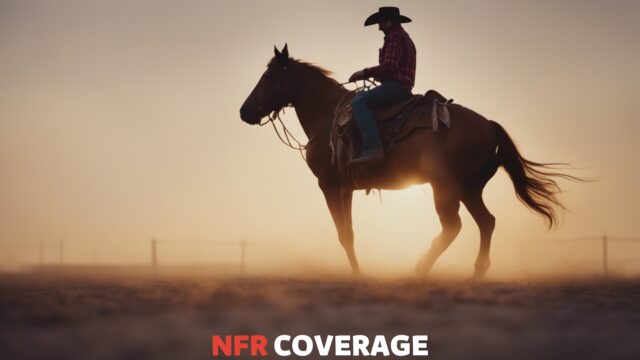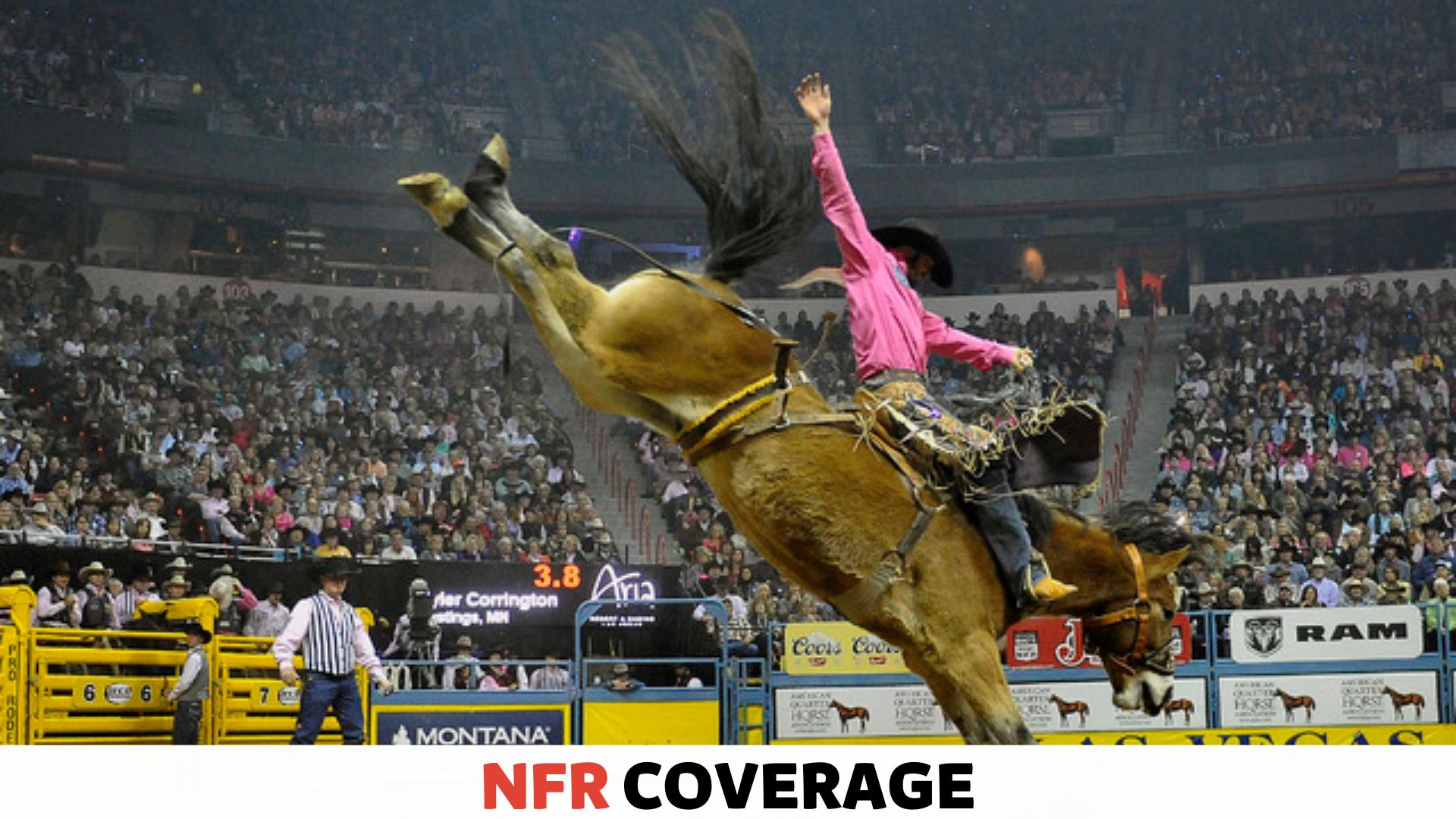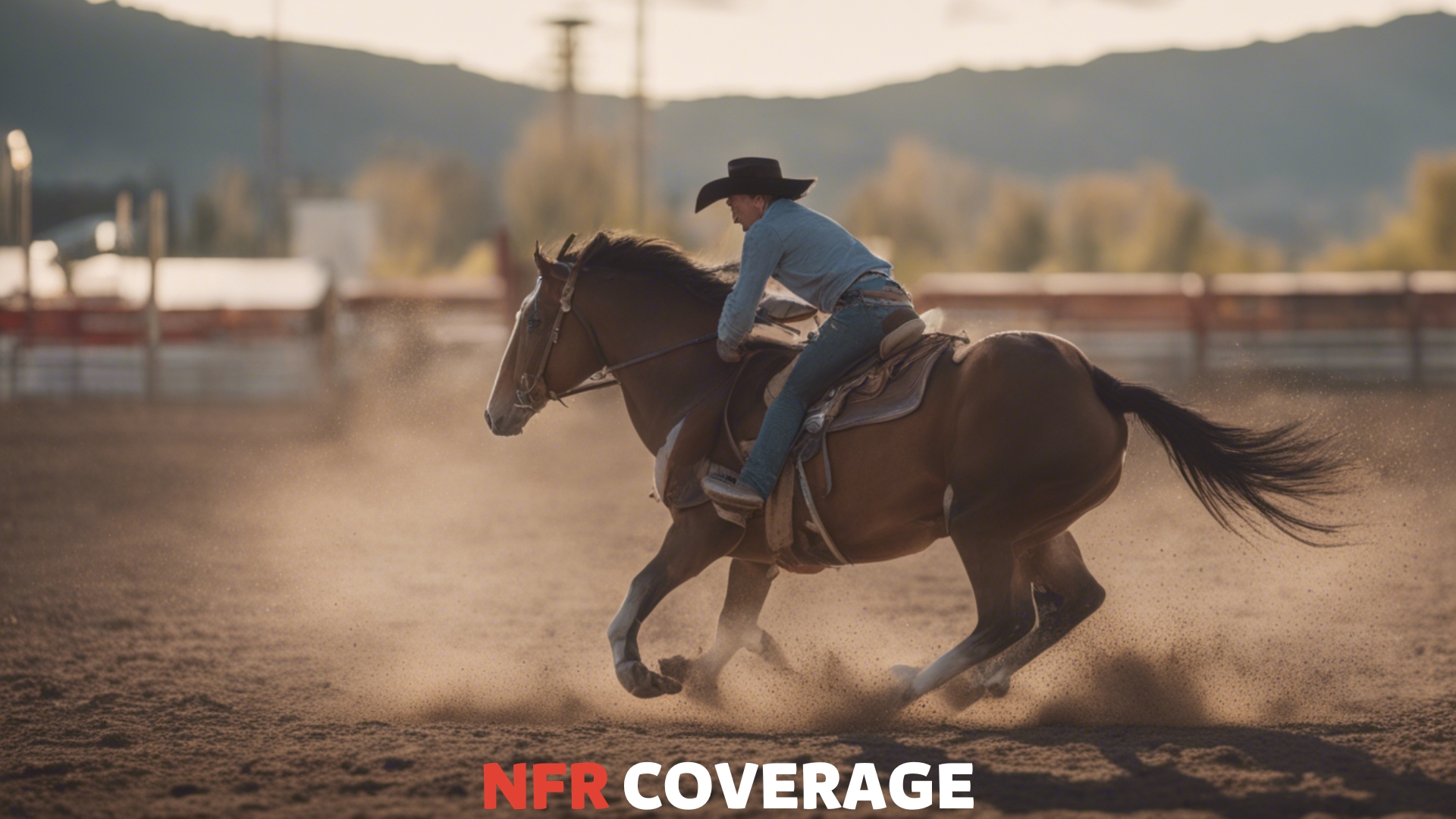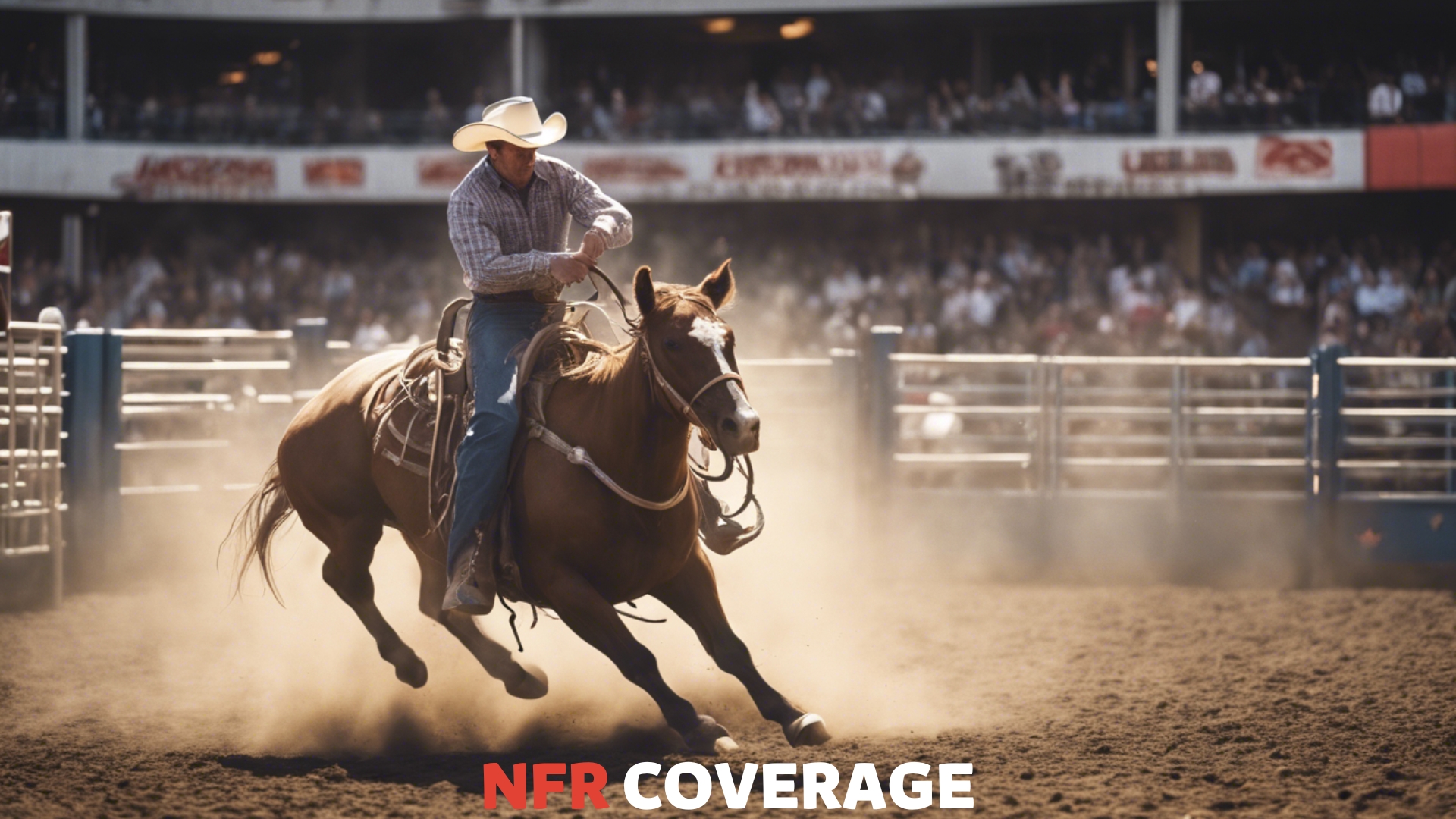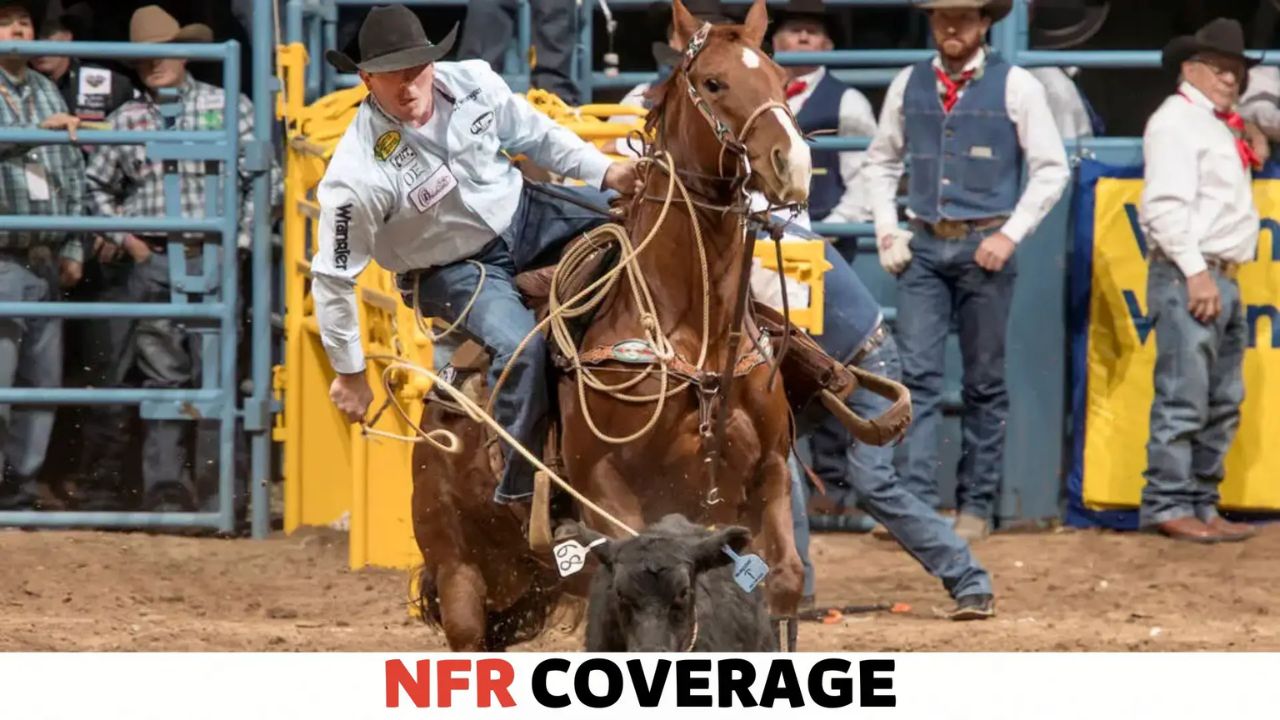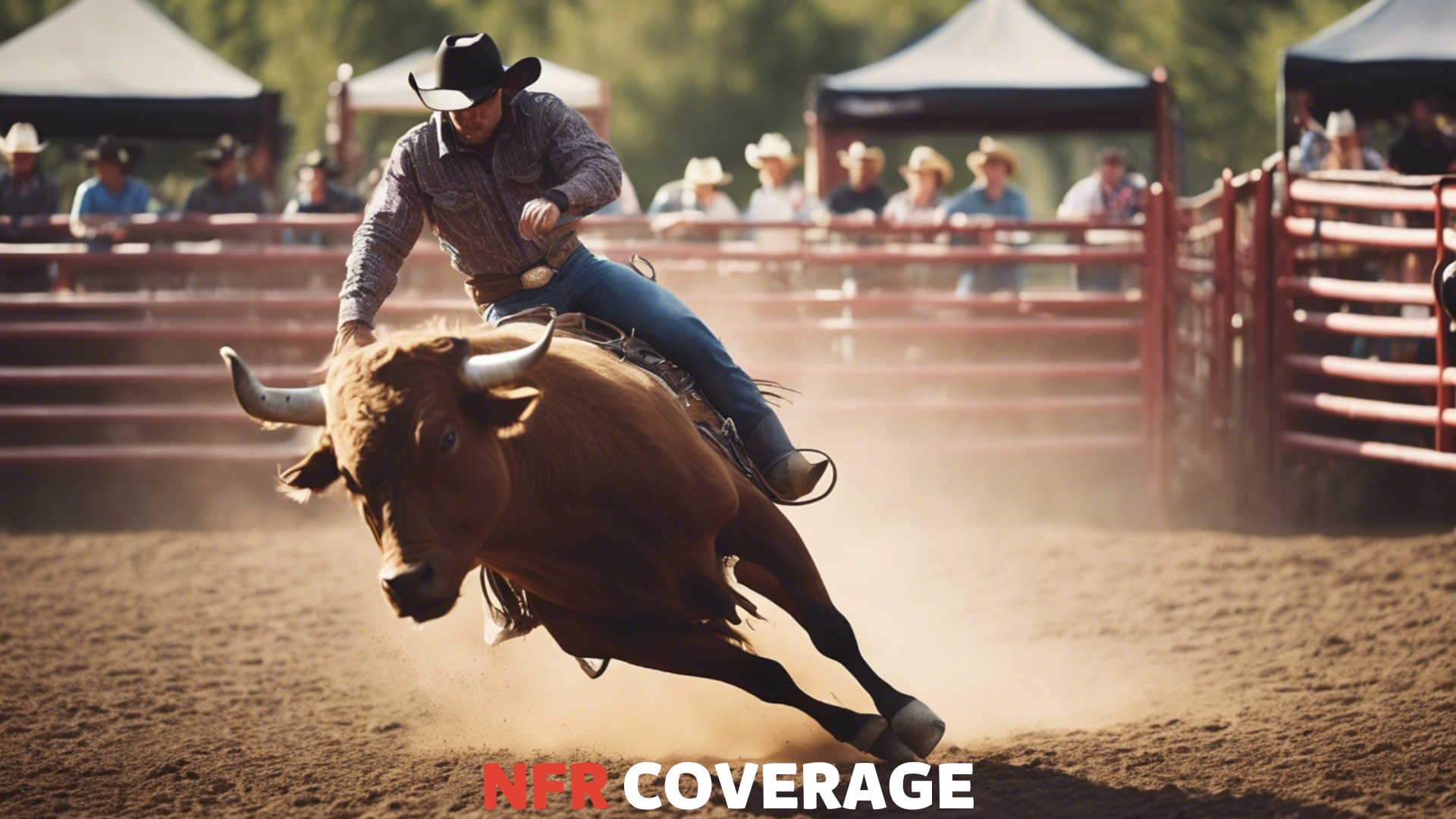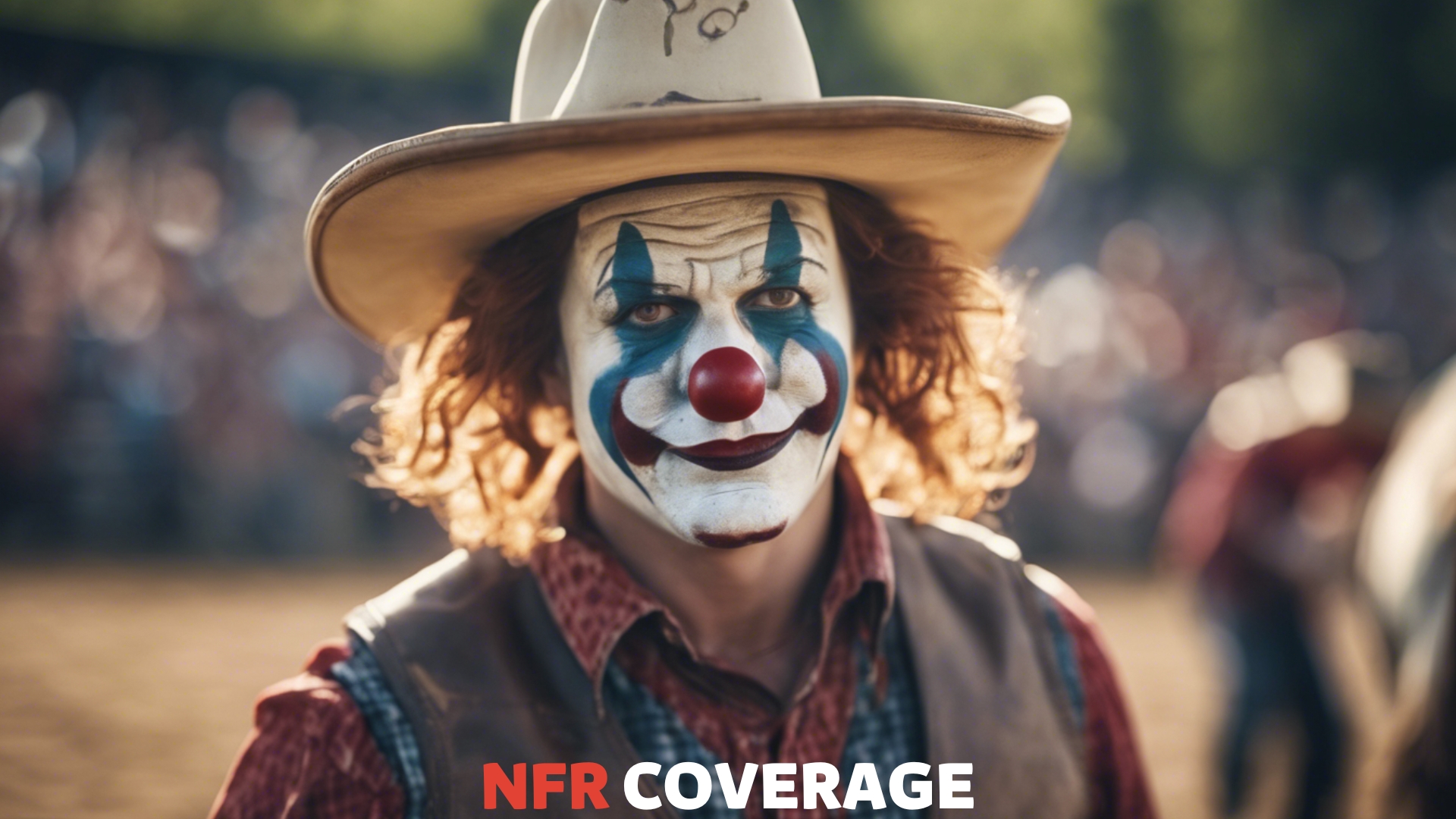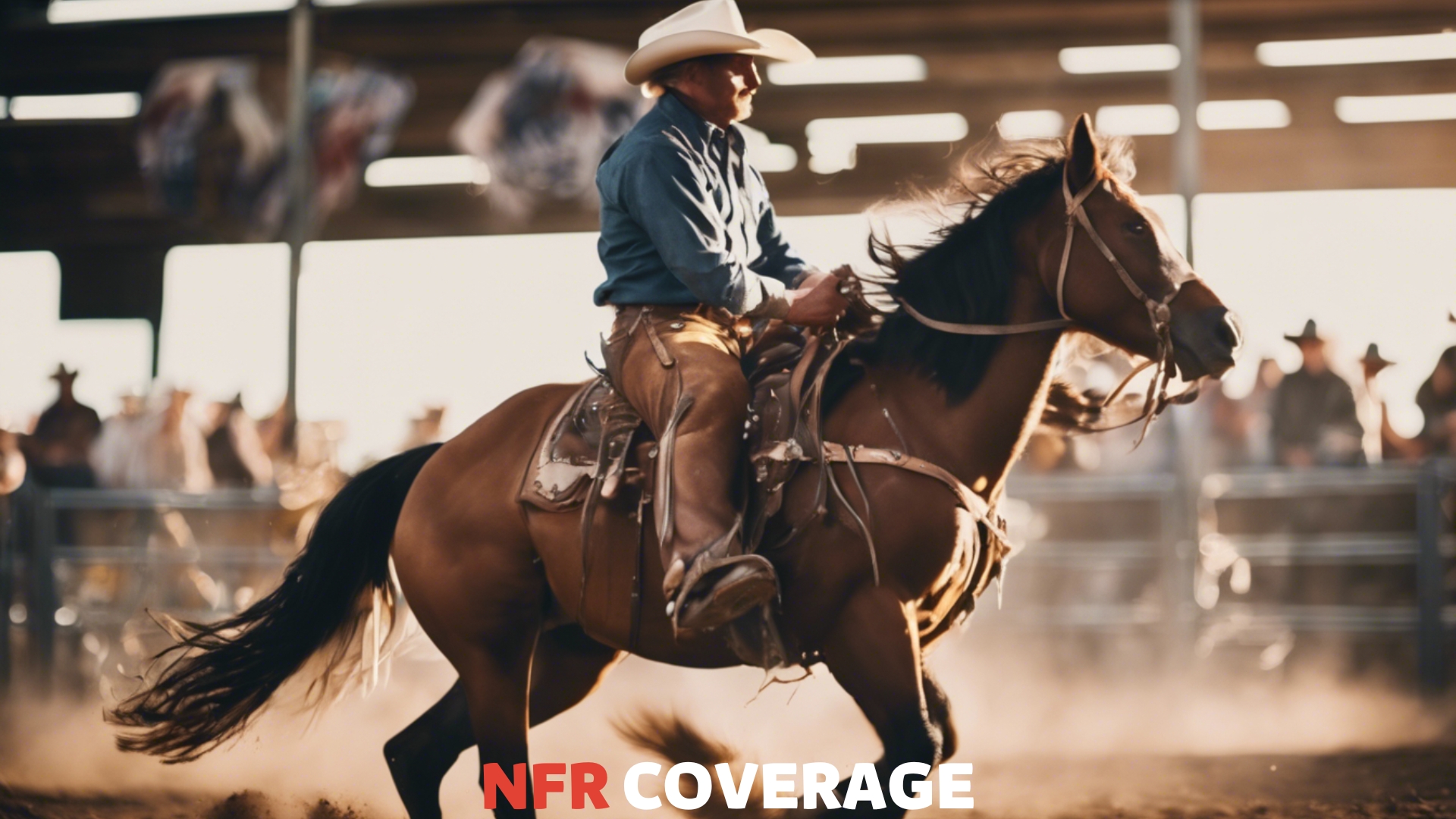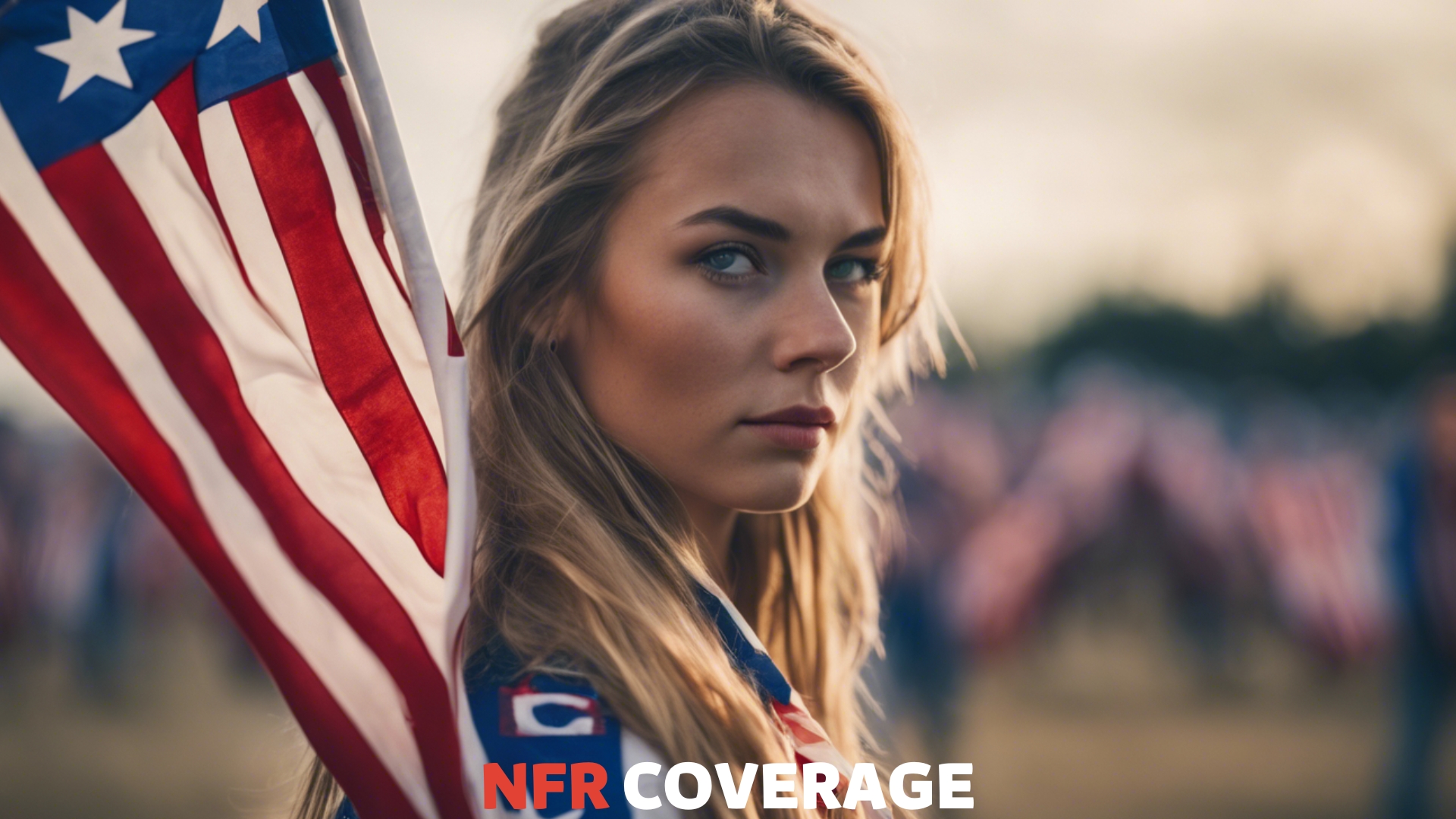Rodeo is derived from the Spanish word “dear,” meaning to encircle or surround. It reflects the event’s ranching roots, where livestock were rounded up.
Rodeo conjures images of cowboys, competition, and the enduring spirit of the Old West. Originating from the cattle-herding practices of Spain, rodeo evolved in North America, especially in Mexico, the United States, and Canada.
Today, it is a competitive sport that involves horse riding, roping, steer wrestling, and bull riding, testing the skills and speed of cowboys and cowgirls.
Rodeo events are spectacles of tradition, showcasing the agility and bravery of riders as they take on the challenges of rodeo life. It’s a sport steeped in heritage, where the name symbolizes both the action-packed event and the camaraderie among its participants.
Roots of Rodeo: Origins and Etymology
Welcome to the fascinating journey through the ‘Roots of Rodeo: Origins and Etymology’. This term carries with it a bundle of cultural history and linguistic evolution.
Here, you’ll discover the rich tapestry of the name ‘Rodeo’, tracing its linguistic heritage back to its early uses. We’ll uncover how historical contexts shaped the meaning of Rodeo, reflecting the spirit of cowboy culture and entertainment.
Tracing the Linguistic Heritage
The name ‘Rodeo’ has a rhythm that echoes its vibrant past. Its roots twist through languages and land in the dusty arenas of the Wild West. The word itself originates from Spanish, meaning ’round up’. It paints a picture of cattle, cowboys, and the gritty dirt of the arena.
- Spanish origins: From ‘order’ – to encircle or surround.
- Latin influence: ‘Rotare’ – to rotate, ties back to the circular action of rounding up livestock.
Early Uses and Historical Context
In its cradle, ‘Rodeo’ didn’t only capture an event; it was an infusion of function and festivity. By the early 19th century, the term settled in North America. It adopted nuances of both work and sport. This reflected the daily lives of the vaqueros, the original cowboys, who embraced rodeo as a lifestyle.
| Period | Usage |
|---|---|
| Early 1700s | Referring to cattle round-up techniques. |
| 1800s | Symbolizing a communal event combining work and competition. |
Rodeos evolved from ranch work to public spectacles. The name began to signify more than a practice; it stood for a blend of skill, bravery, and entertainment. As rodeos became a cultural phenomenon, the meaning of the name grew to encompass this thrilling exhibition of cowboy skills.
Rodeo in Popular Culture: Significance and Representation
The word ‘Rodeo’ conjures vivid images of cowboys, bulls, and wild rides. Beyond the dust and adrenaline, rodeo is significant in popular culture.
Its influence extends to various art forms, entertainment, and narrative, shaping perceptions and offering a window into a thrilling world of heritage and bravery.
Rodeo in Literature and Film
Rodeo stories often highlight the grit and romance of the Western lifestyle. From classic novels to blockbuster movies, rodeos represent courage and tradition.
- Award-winning films like “The Rider” showcase the poignant life of a rodeo star.
- In literature, books such as “The Bull Rider’s Baby” reveal the personal lives of rodeo athletes.
- Children’s books like “Rodeo Red” introduce the rodeo spirit to young readers.
Both mediums unveil the intense bonds between riders, their animals, and the larger community. They also highlight the sheer determination required to excel in the sport.
The Name’s Impact on Public Imagery
‘Rodeo’ is often used to denote excitement and challenge in various contexts. It can evoke a sense of wild adventure and stamina.
| Aspect | Impact of ‘Rodeo’ |
|---|---|
| Branding | Businesses use ‘Rodeo’ to suggest strength and reliability. |
| Events | Non-rodeo events often borrow the name to promise non-stop action. |
| Language | The phrase “This place is like a rodeo” implies lively chaos. |
As a metaphor, ‘rodeo’ lends itself to scenarios that require skill and endurance. Its usage paints a picture of dynamic energy in the public’s mind.
Psychological Impact: Personal Identity and Names
The name we carry acts like a mirror to our identity. The meaning of the name Rodeo, which can evoke images of cowboy culture and adventure, might spin a tale about personality and character as vibrant as the event itself. Let’s unwrap how a name like Rodeo could touch the core of personal identity.
Influence of Names on Behavior
Names hold power. The Rorschach of letters that spell out Rodeo may cue others to expect boldness and grit. This assumption then mirrors back, influencing the individual’s behavior.
Studies suggest that a name can impact choices, relationships, and career paths. When someone hears Rodeo, expectations of strength and resilience may nudge them to embody these traits.
The Interaction Between Name and Self-esteem
Self-perception often intertwines with our names. The psychological impact can be profound for a name like Rodeo, which carries the aura of contests and open ranges. People may associate traits of independence and competitive spirit with their interactions.
This can enhance self-esteem, bolstering an individual’s confidence in their unique abilities and social standing. A name can act as a constant reaffirmation of perceived identity and specified qualities.
Rodeo Around the World: Geographic Name Variations
The term ‘Rodeo’ conjures images of cowboys and cattle, dust and daring, but have you stopped considering how the name translates across the globe? Rodeo Around the World: Geographic Name Variations dives into how different cultures interpret and pronounce this distinctively Western event.
Cross-cultural Comparisons of the Name Rodeo
The word ‘rodeo’ might be universally recognized, but its pronunciation and usage vary widely. For example:
- In Spain, the term ‘rodeo’ is pronounced with a rolling ‘r’ and has stayed closer to its original meaning, which involves rounding up cattle.
- In Mexico, ‘rodeo’ still has traditional Western connotations but is often associated with ‘charreada’, a similar event with deep cultural roots.
- In France, the similar sounding ‘rodéo’ refers to the sport and any kind of wild, chaotic ride.
Adaptations of Rodeo in Different Languages
Different languages adapt ‘rodeo’ in unique ways. Some examples:
| Language | Adaptation |
|---|---|
| Italian | Rodeo |
| German | Rodeo (with a German accent) |
| Japanese | ロデオ (Rodeo in Katakana script) |
| Mandarin Chinese | 竞技 (Jìngjì, meaning competition) |
Each adaptation hints at the local cultural context in which ‘rodeo’ is understood and embraced.
Naming Trends: Rodeo’s Popularity Over Time
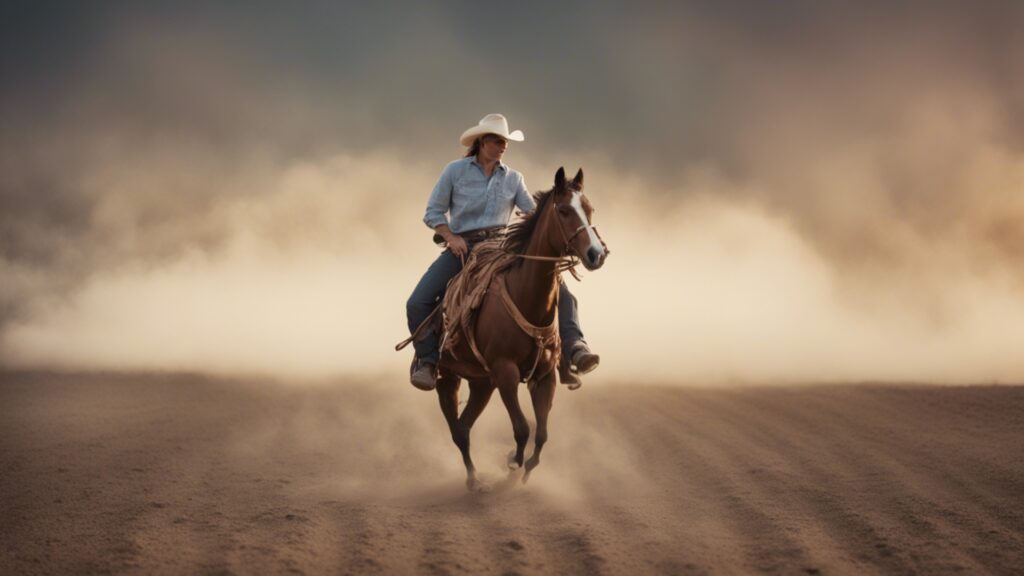
The vivid and spirited name Rodeo conjures images of the Wild West and thrilling horsemanship. Its journey from a mere cultural reference to a chosen name for children reflects an interesting cultural embrace. Let’s saddle up and explore the trajectory of the name Rodeo through the years.
Statistics: The Rise and Fall of the Name Rodeo
Since its inception, Rodeo’s use as a name has fluctuated. The name enjoyed modest attention, with periods of increased curiosity. Yet, the name has never galloped into the spotlight fully. Insights into Rodeo’s popularity reveal much about naming conventions and cultural shifts.
| Year | Rank | Births |
|---|---|---|
| 1990 | N/A | < 5 |
| 2000 | #5000+ | 6 |
| 2010 | #3000+ | 13 |
| 2020 | Unranked | < 5 |
Factors Influencing the Name’s Usage
- Cultural Trends: The allure of the American cowboy fuels interest.
- Media Impact: Western films and rodeo events shape preferences.
- Uniqueness: Parents seeking a distinct name may opt for Rodeo.
Despite its distinctive roots, Rodeo remains a niche choice. Some parents choose this name because they desire a unique identifier for their child. Conversely, its specialized association may deter others. The popularity of Rodeo as a name will continue to ebb and flow with cultural currents.
Visual Identity: Branding and Business Perspectives
The name ‘Rodeo’ holds a powerful punch in branding. In business, a name is the first handshake with the customer. It sets expectations. Rodeo implies a wild, adventurous spirit, which firms leverage when picking a name for impact and recognition.
Companies and Products Named Rodeo
Brands love ‘Rodeo’ for its vigor. They choose it to signal boldness. Think Rodeo Drive or the Isuzu Rodeo. These names carry a western, free-spirited vibe. They seek to invoke the excitement of a rodeo event. Here’s how ‘Rodeo’ gallops into various industries:
- Automobiles: Vehicles named Rodeo promise adventure.
- Fashion: Rodeo Drive oozes luxury and exclusivity.
- Events: Rodeo-themed events suggest thrill and skills.
- Food & Beverage: Rodeo names in this sector hint at hearty, rustic flavors.
How the Name Influences Brand Perception
The name ‘Rodeo’ shapes how people see a brand. Here’s the rundown:
| Perception Aspect | Impact of ‘Rodeo’ |
|---|---|
| Excitement | Connects to the thrilling nature of rodeos. |
| Authenticity | Evokes genuine, unfiltered experiences. |
| Adventure | Implies bold, adventurous undertakings. |
| Luxury | Associates with upscale locations like Rodeo Drive. |
‘Rodeo’ in a name can attract certain customers. It triggers images of cowboys, dust kicking up, and wild rides. Brands must deliver on this intrigue. They craft stories around the name. It’s how they match the name’s promise with the customer’s experience.
Frequently Asked Questions
What is the Origin of Rodeo Name?
‘Rodeo’ comes from the Spanish word ‘order,’ which means ‘to encircle’ or ‘to surround.’ This reflects its roots in cattle herding and roundup activities.
How Does Rodeo Relate to Cowboy Culture?
Rodeo is deeply intertwined with cowboy culture, symbolizing the skills and traditions of North American cattle ranchers and cowhands.
What Events Comprise a Typical Rodeo?
Typical rodeo events include bull riding, team roping, steer wrestling, saddle bronc riding, and barrel racing, showcasing various ranching skills.
Can Rodeo Refer to Something Beyond Sports?
Yes, ‘Rodeo’ can signify a competitive event or a gathering that celebrates traditional cowboy and Western culture beyond just sports activities.
What is the Significance of Rodeo in History?
Historically, rodeos showcased the everyday skills of cowboys, evolved from cattle ranching practices, and played a key role in maintaining Western heritage.
Conclusion
Exploring the heart of ‘Rodeo’ reveals a rich history. The name resonates with adventure and echoes tradition. It carries strength and vitality, whether a cultural celebration or an individual’s namesake. Remember, names hold power, and ‘Rodeo’ is a testament to that enduring spirit.
Embrace its legacy and the journey it invites.


